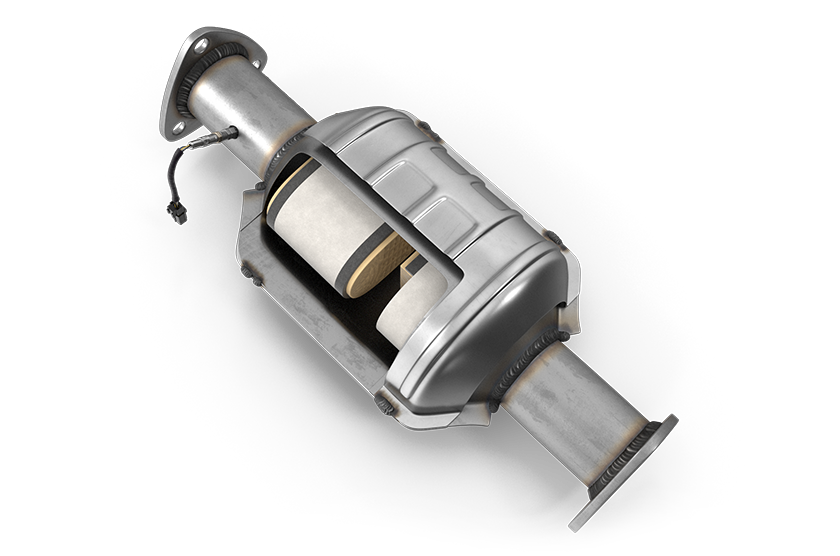DPF self-cleaner as a cost-effective solution for DPF cleaning?

If the diesel particulate filter (DPF for short) is clogged or full and can no longer be regenerated, then you should take action quickly to avoid causing any major damage and to keep the costs of reprocessing the particulate filter low. If you do not clean the particulate filter promptly, you must also expect higher fuel consumption due to the constant self-regeneration. In the worst case, even the engine can be permanently damaged by the increased exhaust back pressure. Therefore, it is very important that you have a professional cleaning done when the particulate filter is full or clogged. After all, a new filter is quite expensive and should therefore only be purchased if the particulate filter can no longer be cleaned.
Using a DPF cleaner for private use turns out to be problematic, as they rarely achieve satisfactory results – these cleaners are often even harmful!
Most diesel particulate filter cleaners (DPF cleaners) do not provide a deep and lasting cleaning, as they only free the particulate filter from soot and ash residues to an insufficient extent. Perhaps this cleaning approach will partially and briefly restore air permeability to individual honeycombs by burning off moist soot to ash, but the ash residues can only be completely removed in the removed state. Therefore, after a short driving time, the only partially cleaned filter is again recognized by the vehicle electronics as full and the orange DPF warning light comes on again. Depending on the extent to which the filter has been filled, the car may also switch to emergency mode.
Forced regeneration in conjunction with a chemical cleaner, which is carried out in workshops to free the filter by means of a tester and under full load, also involves risks. Therefore, costs, benefits and consequences should be weighed thoroughly.
Forced regeneration does not completely clean the filter, because even here the residues of soot and ash remain in the DPF due to the structure and the collection function, and the vehicle electronics will report a full DPF again after a short time. However, the forced regeneration is a possibility to bridge a short period until a professional DPF cleaning.
The chemical cleaners should not be used for regeneration when the DPF is full. If the solution cannot be evenly distributed in the filter due to the filling condition of the DPF, and if the prescribed forced regeneration is then initiated after the chemical cleaner has been used, the increase in the combustion temperature here can result in temperatures so high that the structures of the ceramic body / monolith of the filter can fuse. If this is the case, the only option is the costly replacement/purchase of a new filter.
It therefore makes sense to have the diesel particulate filter (DPF) professionally cleaned when it is removed. Ultimately, this solution is significantly cheaper and the cleaning is then also really thorough and sustainable.
Thorough, efficient cleaning by a professional diesel particulate filter cleaner is always recommended so that the vehicle continues to run well and so that the engine does not suffer any damage. Likewise, it saves fuel in the long run. Therefore, it is better to immediately at the appearance of the first signs of a loaded filter, to carry out a professional cleaning in a specialized company. This way, you will be back on the road with optimal fuel consumption and full vehicle performance.
In principle, self-cleaning attempts with high-pressure cleaners, welding torches or other chemical agents such as oven spray are not recommended, as this often causes damage to the ceramic/monolith.
